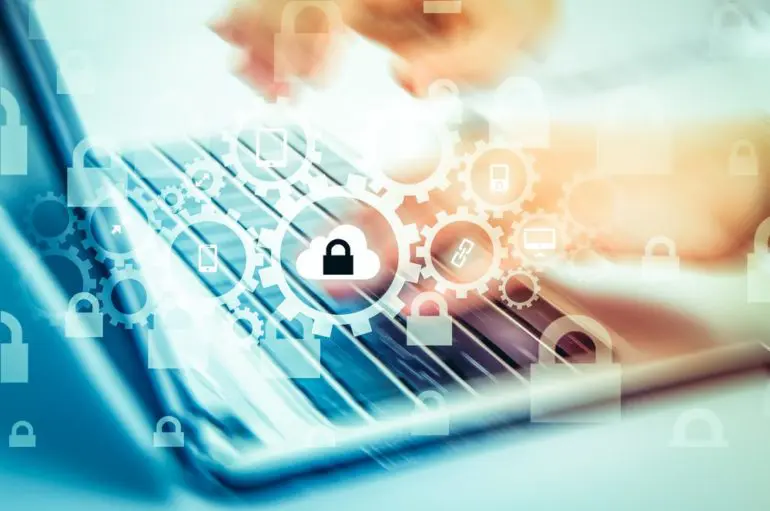Modern organizations collect a massive quantity of data about their consumers. This information contains highly personal information such as home addresses and credit card numbers.
Processing payments and doing marketing may need the collection of data. It is, nevertheless, a considerable duty. When consumers share personal information with you, they trust you to keep it safe. They’ll gladly take their business somewhere if you don’t.
Every firm should take the following actions to preserve its customers’ privacy for the sake of both its consumers and its financial line.
Collect what you require
Yes, digging deep into consumer insights may help you build a more effective marketing plan. Collecting layers upon layers of client data, on the other hand, puts your customers in more danger in the case of a data breach. One of the simplest ways to avoid losing a lot of client data in a breach is to avoid collecting it in the first place. Instead, request the information you require to complete transactions.
Take special measures during the holidays
Take extra time to evaluate and implement holiday-specific safeguards in addition to your year-round health and safety standards.
Remember that there will be more customers with children and more shoppers with backpacks, raising security and safety issues. Consider how you can deal with these difficulties before the rush starts. You can also consider a window glass replacement and prepare for the rush.
Training & Communication
The best approach to ensure that your staff understands your processes is to communicate them to them in various ways. Make it a point to demonstrate to individuals how to carry out multiple jobs and procedures and educate them about your privacy rules.
Assume you have particular cash-handling procedures in place. You should explain them verbally during training, but you (or an experienced team member) should also demonstrate the system to your recruits and monitor them the first few times they do the assignment.
Perform a data security audit
The first step is to figure out what data your company needs, what data it collects, and how that data is kept and protected. Consider your legal responsibilities if you handle medical, financial, or minors’ information.
Because they’ve employed third-party software code that automatically collects data or because a partner, such as an advertising network or analytics firm, gathers data, businesses can acquire more data than they know.
Communicate well with customers
Customers seldom read a privacy policy since it is a legal document. They do, however, demand specific and apparent disclosures of the company’s data practices at critical points, such as when they’re requested to give data and when you add new features to a product or service or modify policies.
According to privacy activists and business groups, customers should be informed about the data they gather and how they intend to use it. This is especially crucial for small businesses without well-known and trusted brands. The majority of customers would willingly provide personal information if it is required for a service they desire. For example, Amazon.com saves purchase information and utilizes it to provide millions of customers with product recommendations.
Keep data safe and secure to maintain privacy
Because most of today’s transactions take place on the cloud, it’s simple to concentrate solely on digital security. However, it’s equally important to invest in your company’s physical safety. Use the following techniques to protect your company’s physical assets. :
- Secure all consumer data access points, including computers, cell phones, and USB devices. Employees should be required to use encrypted pass codes and safeguard their gadgets (possibly in a safe) before leaving the workplace each evening.
- If you keep physical files with client information, destroy them after they’re no longer needed for transaction verification. Keep them hidden until they’ve been shredded.
- If you have an on-site server, limit access to just those workers who have a legitimate need for it and keep it locked away.
- Install a security system that includes (for example) alarm capabilities, live or recorded cameras, and other features to protect the physical premises of your building.
Conclusion
A robust privacy defense is the most significant against cyber assaults. Taking efforts to safeguard your company online and physically will result in lesser financial losses and better client relationships. Making data protection a daily focus is essential for retaining loyal consumers.


